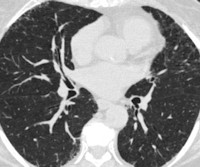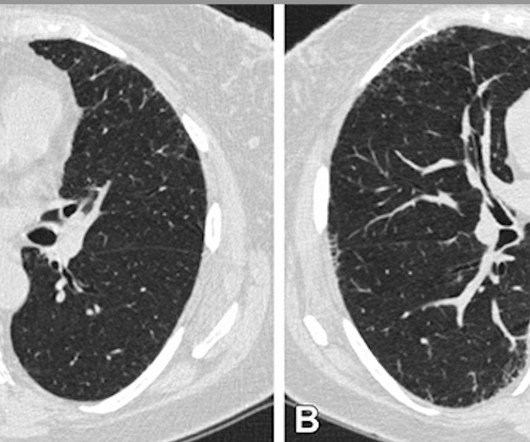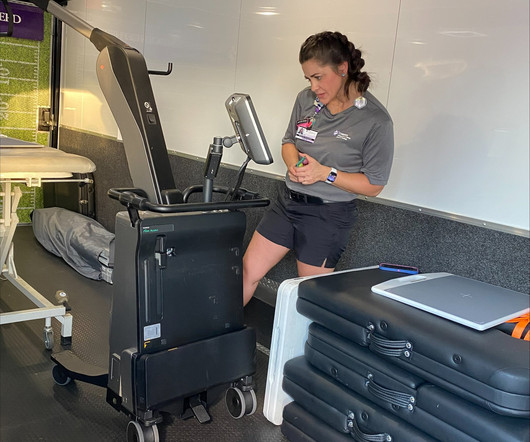Interstitial lung abnormalities linked to respiratory disease risk
AuntMinnie
APRIL 30, 2024
CT imaging shows that severe acute respiratory disease events can be caused by quantitative interstitial abnormalities (QIA) -- that is, small irregularities that don't necessarily meet diagnostic criteria for advanced pulmonary diseases but show up on CT exams over time, a study published April 30 in Radiology has reported.















Let's personalize your content